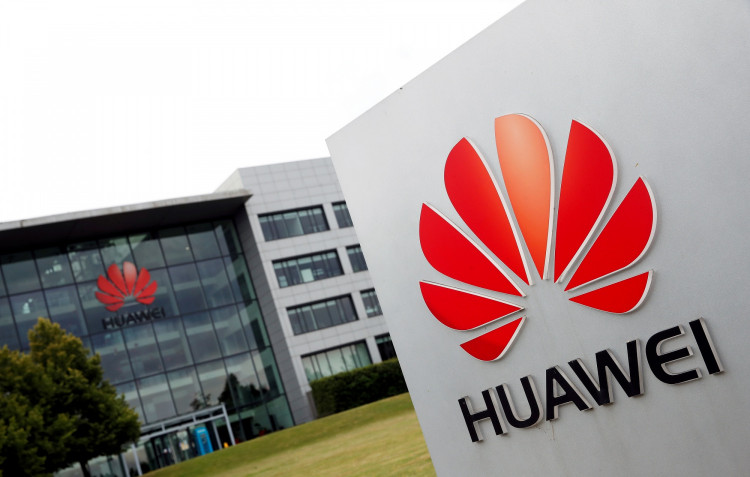Chinese smartphone manufacturer Huawei Technologies has managed to overtake its South Korean rival Samsung Electronics as the world's largest smartphone vendor for the first time. For the second quarter of this year, Huawei shipped more smartphones than its rival, partly thanks to a surge in demand for its devices in rapidly recovering economies.
According to data published by research firm Canalys, Huawei shipped a total of 55.8 million Android smartphones for the three month period. This was marginally higher than the 53.7 million smartphones shipped by Samsung over the same period.
Analysts at the research firm noted that the results were quite remarkable and most wouldn't have guessed that Huawei would beat Samsung in such a short period of time. Analysts also point out that the pandemic had played a role in Huawei being able to overtake its rival as it was able to take full advantage of China's economic recovery.
Samsung only occupies less than 1 percent of the Chinese market; a market that Huawei dominates. While consumer spending and demand for mobile devices have somewhat recovered in China, the same cannot be said for other markets.
Samsung's core markets, including India, the U.S., Europe, and Brazil are still struggling to cope with the economic effects of the pandemic, greatly reducing its ability to sell its devices. Canalys senior analyst, Ben Stanton, noted that this is the first quarter in over nine years that Huawei has been ahead of both Samsung and Apple.
Globally, Huawei did report a 5 percent decline in its overall smartphone shipments for the second quarter. However, Samsung recorded a much larger decline of about 30 percent. Around 72 percent of Huawei's total smartphone sales were in its home market, where it reported an 8 percent increase for the quarter.
Apart from underscoring Huawei's resilience in the face of increased sanctions in the U.S., the achievement also reflects China's continued economic recovery after months of being ravaged by the pandemic. The country nearly went into a recession during the first quarter, shrinking by about 6.8 percent. However, China eventually managed to bounce back in the second quarter, expanding by about 3.2 percent.
Industry experts have stated that Huawei's lead will be hard to maintain given the significant headwinds it is facing in its overseas markets. The United States' continued campaign to ban the use of its telecommunications equipment and mobile devices is expected to further reduce the company's ability to expand abroad. Its strength in its home market is likely not enough to ensure its lead over the long-term.






